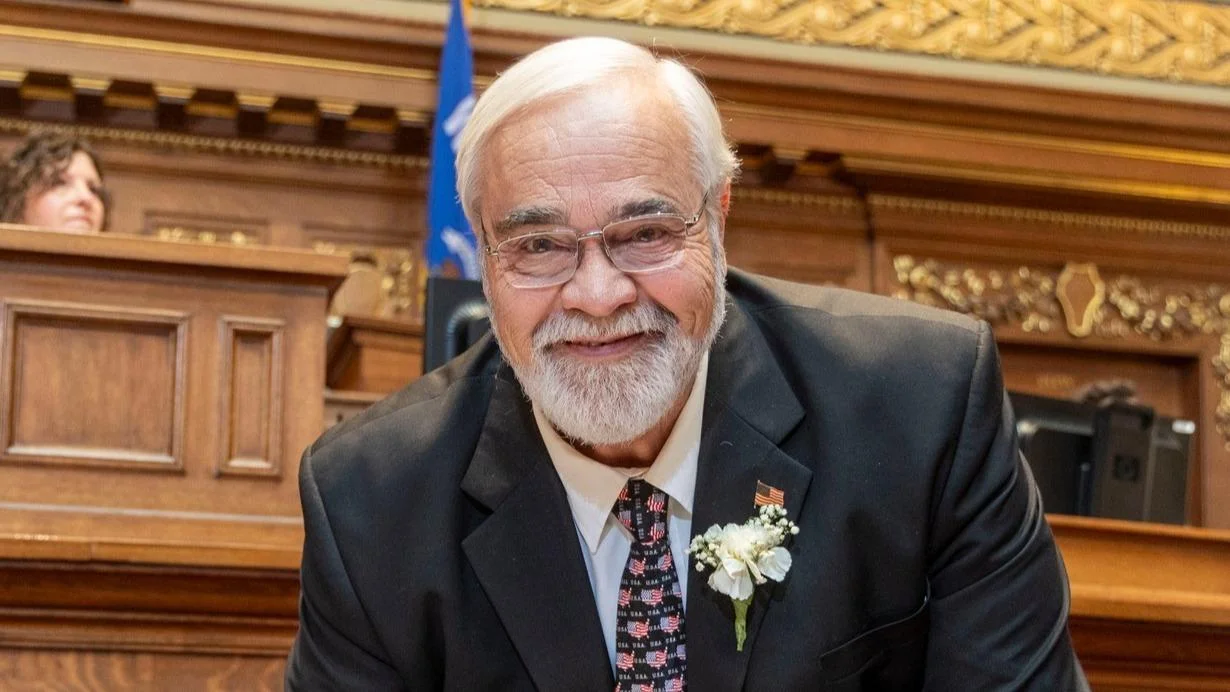Jeffrey Mursau, Wisconsin State Representative of 36th District | Facebook
Jeffrey Mursau, Wisconsin State Representative of 36th District | Facebook
According to the Wisconsin State Legislature's official website, the bill was described as follows: "the distribution and labeling of fertilizers and soil or plant additives produced from manure. (FE)".
The following is our breakdown, based on the actual bill text, and may include interpretation to clarify its provisions.
In essence, this bill proposes amendments to the regulations governing fertilizers and soil or plant additives derived from converting manure into compost or vermicompost. It permits the distribution of such fertilizers when the combined weight of nitrogen, phosphorus, and potassium is less than 24% of the total weight, overriding current requirements that dictate a minimum of 24%, unless exempted by department rules or permits. It eliminates the need for these fertilizers to meet minimum nutrient contents and allows labeling to reflect nutrient content based on typical analysis rather than guaranteed analysis. Further, it prohibits the Department of Agriculture, Trade and Consumer Protection from mandating controlled experimental field tests for substantiating the efficacy of these compost-derived additives. The bill aims to facilitate the labeling and distribution of compost-based fertilizers and additives, effective upon enactment.
The bill was co-authored by Senator André Jacque (Republican-1st District), Representative David Murphy (Republican-56th District), Representative Lisa Subeck (Democrat-79th District), Representative Ron Tusler (Republican-3rd District), and Representative Maureen McCarville (Democrat-42nd District).
Jeffrey Mursau has co-authored or authored another 44 bills since the beginning of the 2025 session, with none of them being enacted.
Mursau, a Republican, was elected to the Wisconsin State Assembly in 2005 to represent the state's 36th Assembly district, replacing previous state representative Lorraine Seratti.
In Wisconsin, the legislative process starts when a senator, constituent, group, or agency proposes an idea for a bill. After drafting, the bill is introduced, numbered, and referred to a committee for review and public input. If approved, it moves through three readings and votes in both the Senate and Assembly. Once both chambers pass the same version, the bill goes to the governor, who can sign it, veto it, or let it become law without a signature. Only a small share of bills introduced each session ultimately become law. You can learn more about the Wisconsin legislative process here.
| Bill Number | Date Introduced | Short Description |
|---|---|---|
| AB93 | 02/28/2025 | The distribution and labeling of fertilizers and soil or plant additives produced from manure. (FE) |
| AB49 | 02/17/2025 | A minor’s authority to consent to health care |


 Alerts Sign-up
Alerts Sign-up